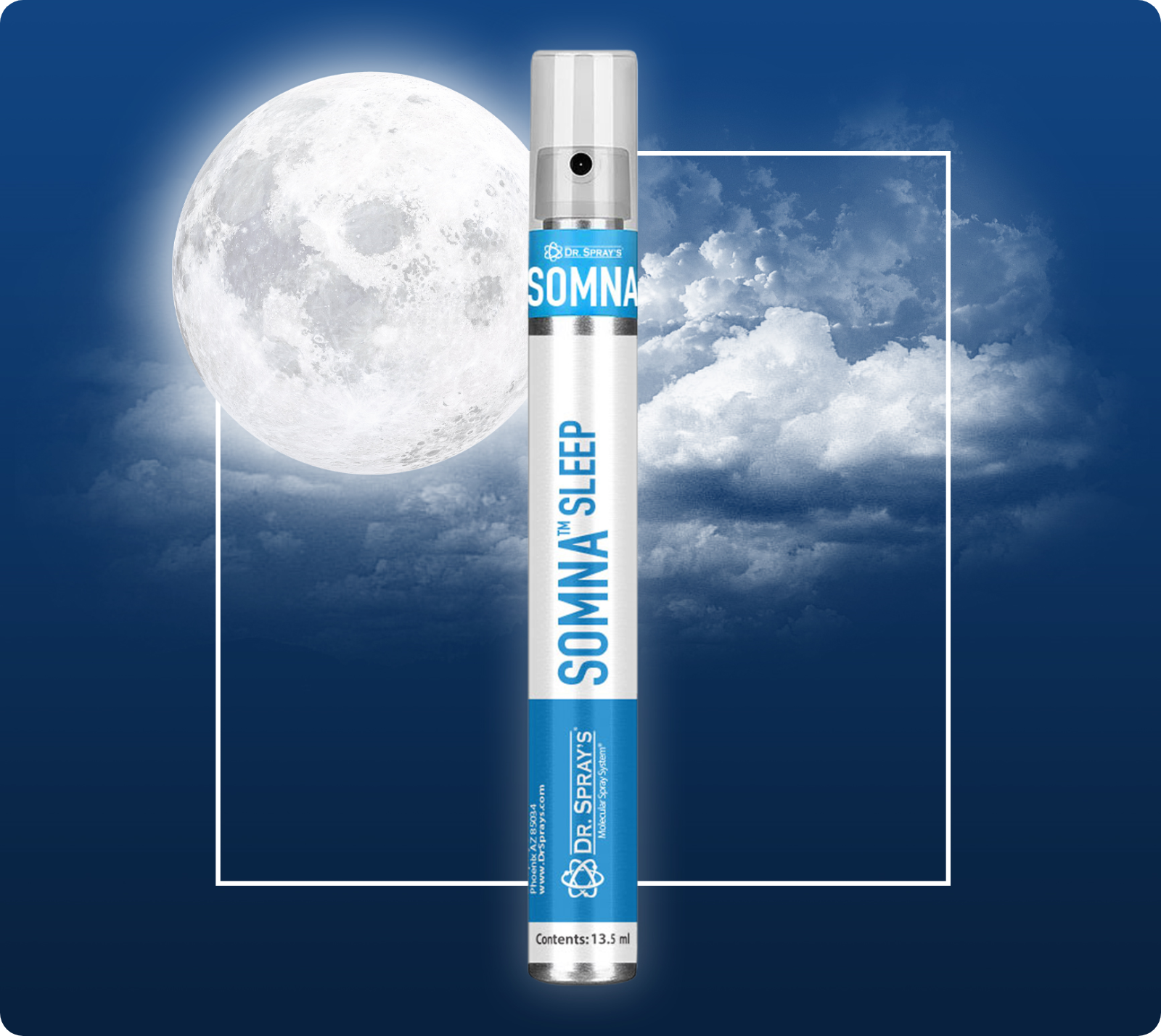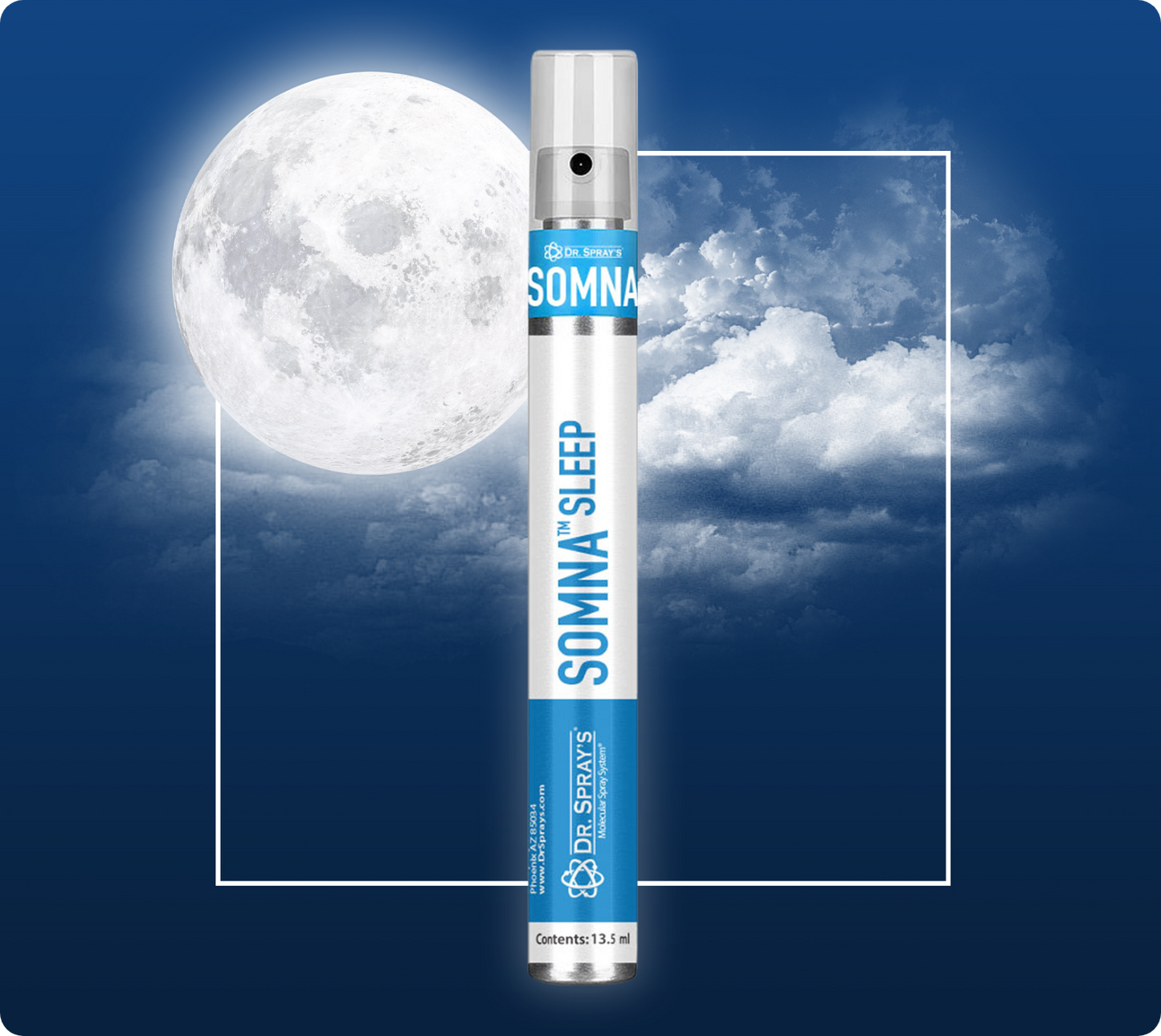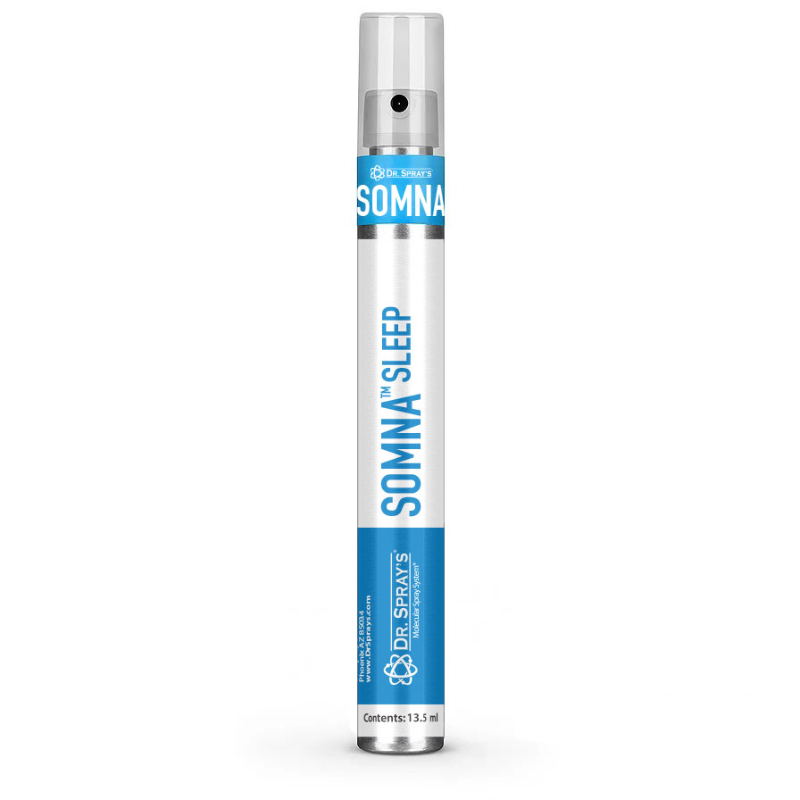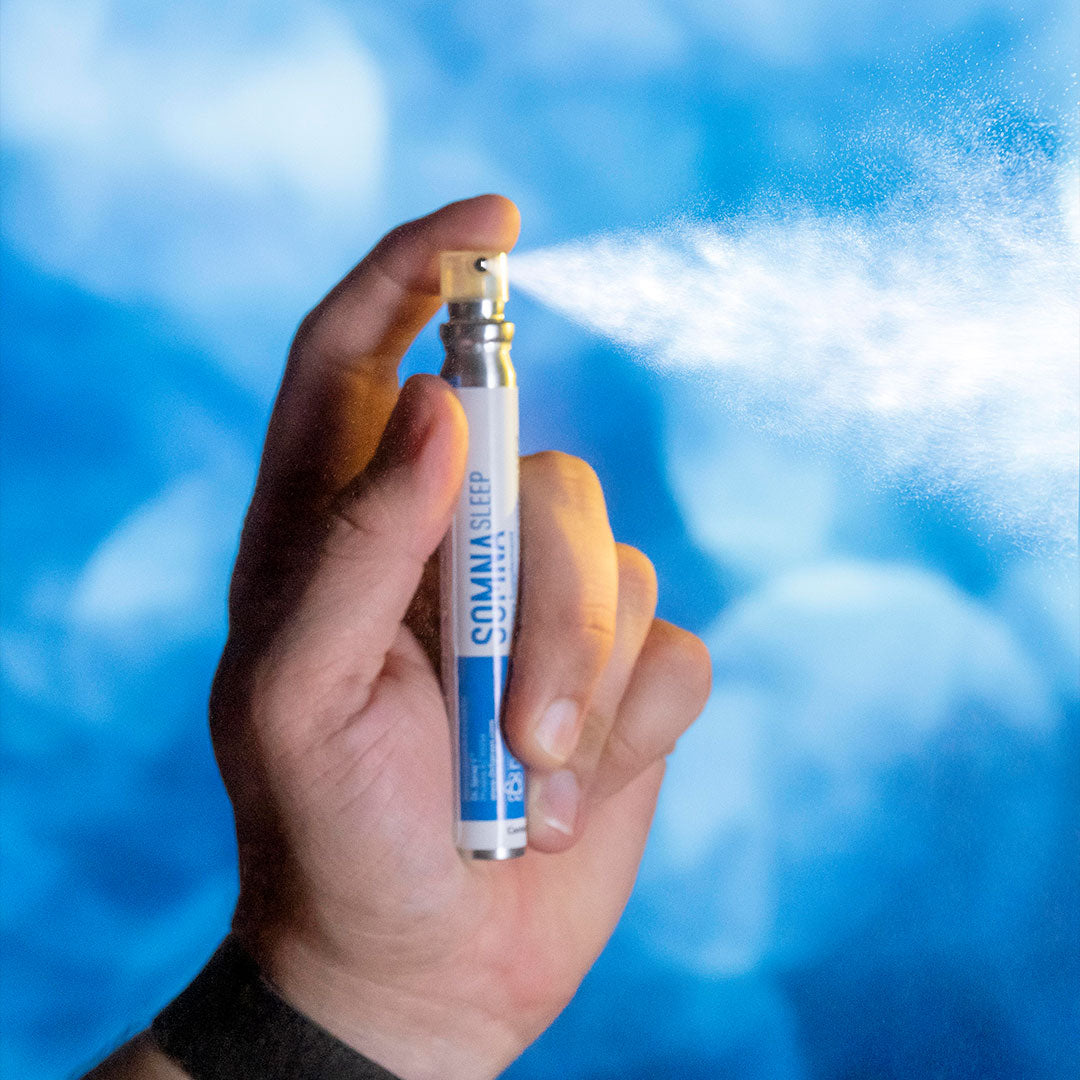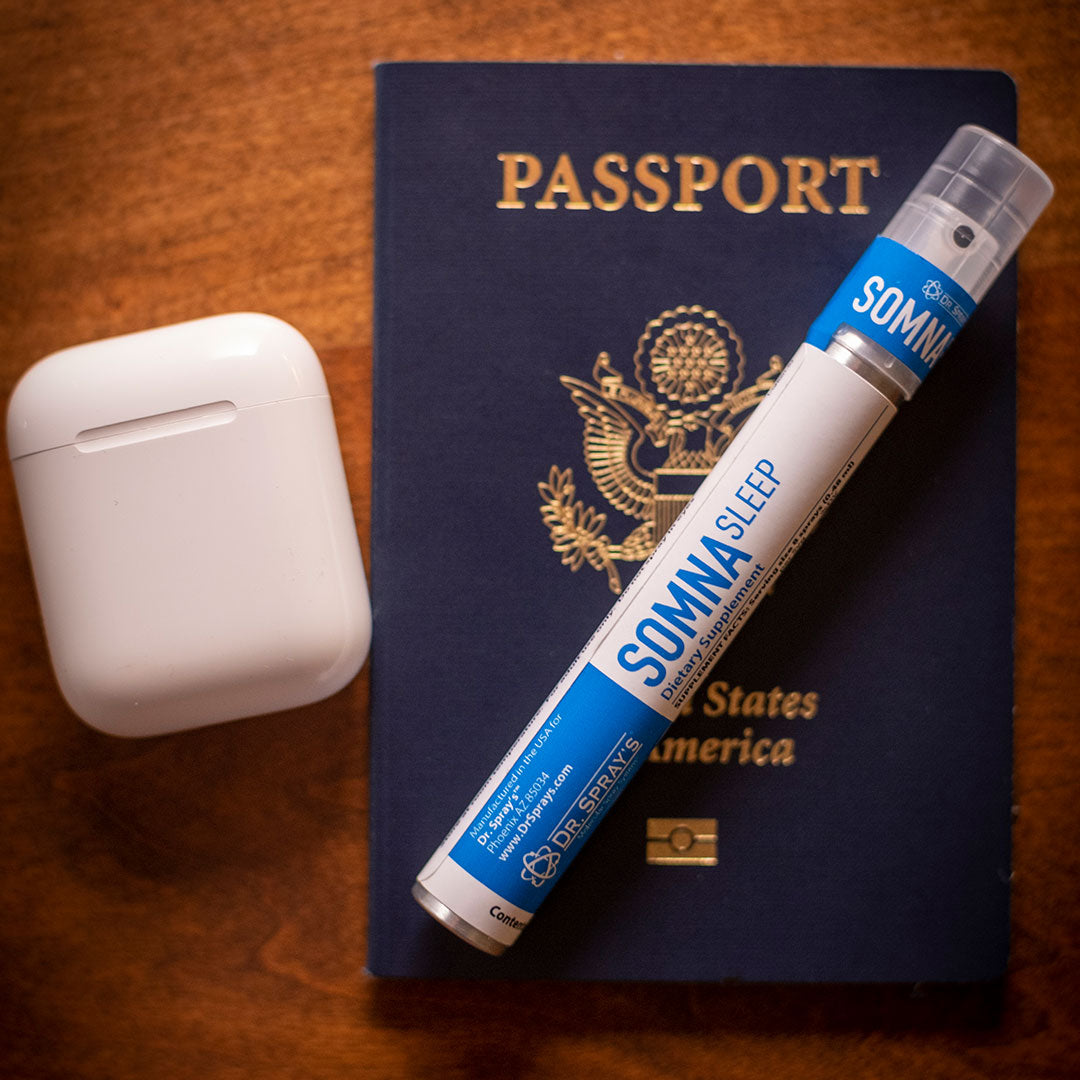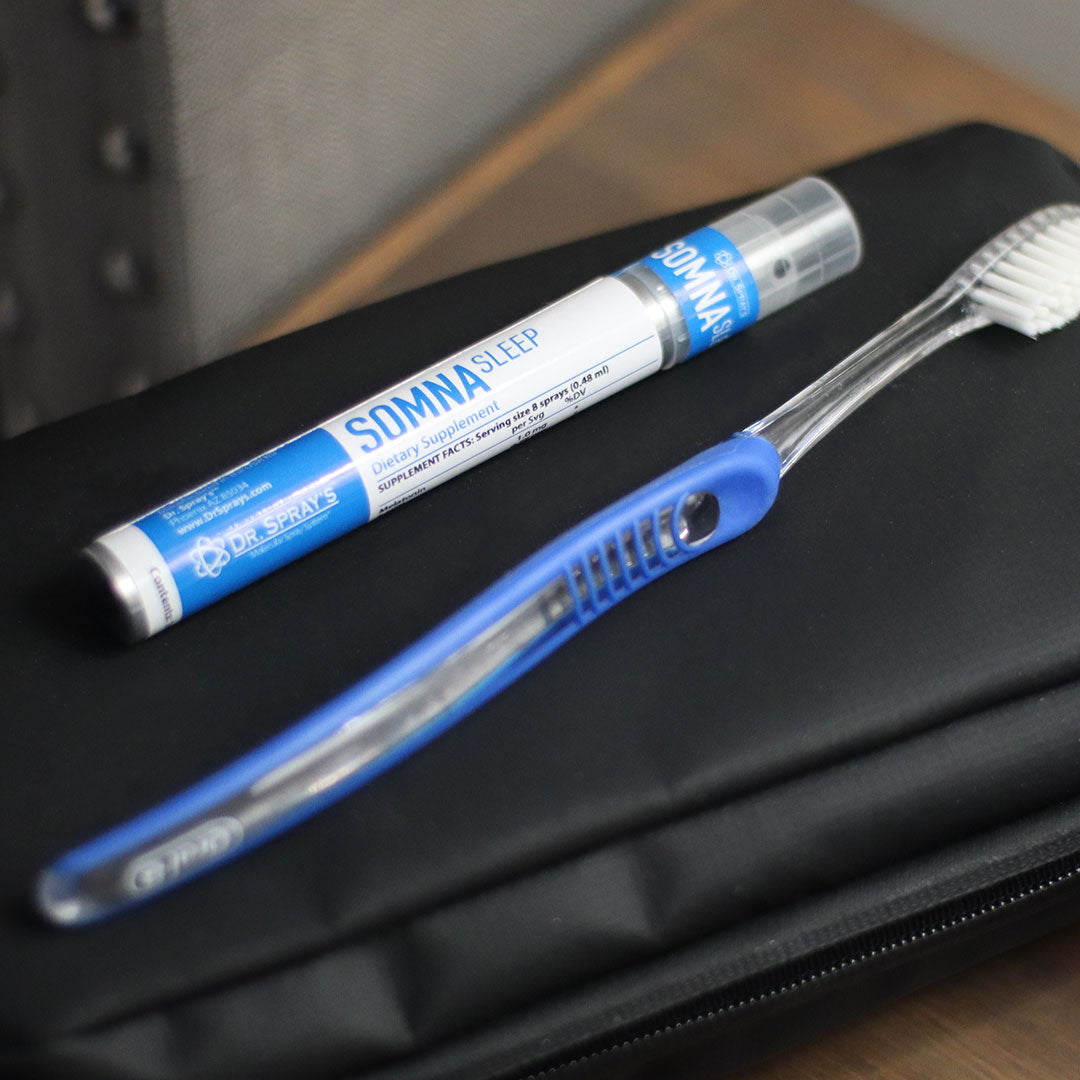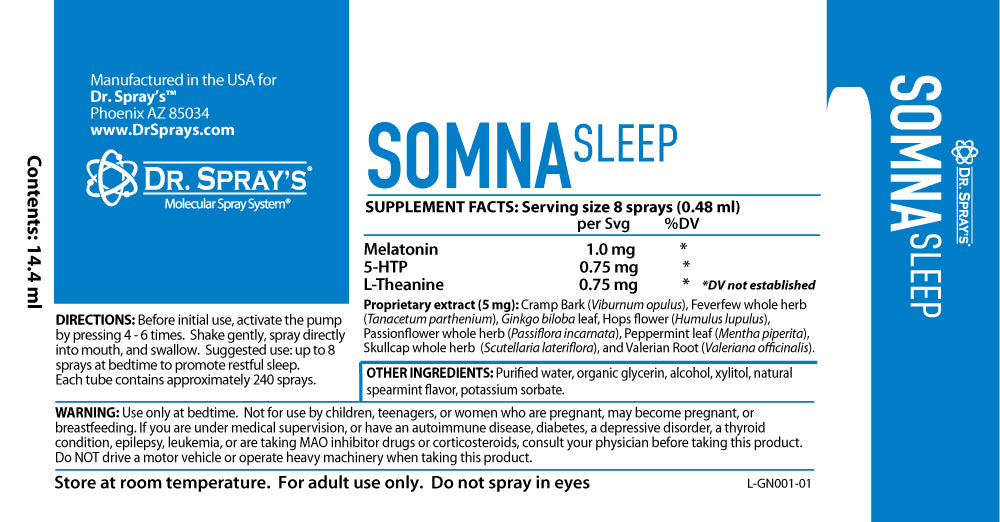As we age, our sleep patterns often change. Unfortunately, this can lead to difficulties falling asleep and staying asleep through the night. If you're an elderly person struggling with sleep, you may be wondering what the best sleep aid is. Here are a few things to consider:
.
If you have difficulty falling asleep, you may want to try a sleep aid that contains melatonin. Melatonin is a hormone that helps regulate our sleep-wake cycles, and taking it can help induce drowsiness and promote sleep. There are many over-the-counter (OTC) sleep aids that contain melatonin, so be sure to read the labels carefully to find one that's right for you.
If you have difficulty staying asleep, you may want to try a sleep aid that contains an antihistamine. Antihistamines can help relieve conditions that cause wakefulness, such as allergies, colds, and coughing. However, they can also cause drowsiness, so they can be effective at promoting sleep. Many OTC sleep aids contain antihistamines, so again, be sure to read the labels carefully to find one that's right for you.
If you have any underlying medical conditions that are causing sleep difficulties, it's important to speak with your doctor about treatment options. They may recommend a specific sleep aid or medication to help manage your condition.
There is no one-size-fits-all answer when it comes to the best sleep aid for elderly people. Consider your individual needs and talk to your doctor to find the Sleep Aid that's right for you! As we age, our sleep patterns often change. Many older adults have trouble sleeping through the night, and may wake up several times during the night. This can lead to fatigue and daytime sleepiness, which can impact your quality of life. If you're struggling with sleep as you get older, you may be wondering what the best sleep aid for elderly people is. There are a few different options available, and the best one for you may depend on your individual situation. If you have any medical conditions that are affecting your sleep, talk to your doctor to see if there are any specific treatments that could help. If you're simply having trouble sleeping through the night, there are a few things you can try at home to improve your sleep. First, make sure your sleeping environment is as comfortable and relaxing as possible. A dark, quiet room with a comfortable mattress can help promote better sleep. You might also try using a white noise machine to help mask any disruptive sounds. There are also a number of herbal supplements that can be helpful for promoting sleep. Valerian root and chamomile are two popular options that have been shown to be effective in some studies. Talk to your doctor before taking any supplements, as they can interact with other medications you may be taking. If you're still having trouble sleeping through the night, there are a number of prescription medications that can help. Ambien and Lunesta are two common options that are often prescribed for insomnia. These medications can be effective, but they can also have some side effects, so it's important to talk to your doctor about whether they're right for you. Getting enough quality sleep is important for everyone, but it's especially important as we get older. If you're struggling with sleep, talk to your doctor to see what the best sleep aid for elderly people is in your situation.


